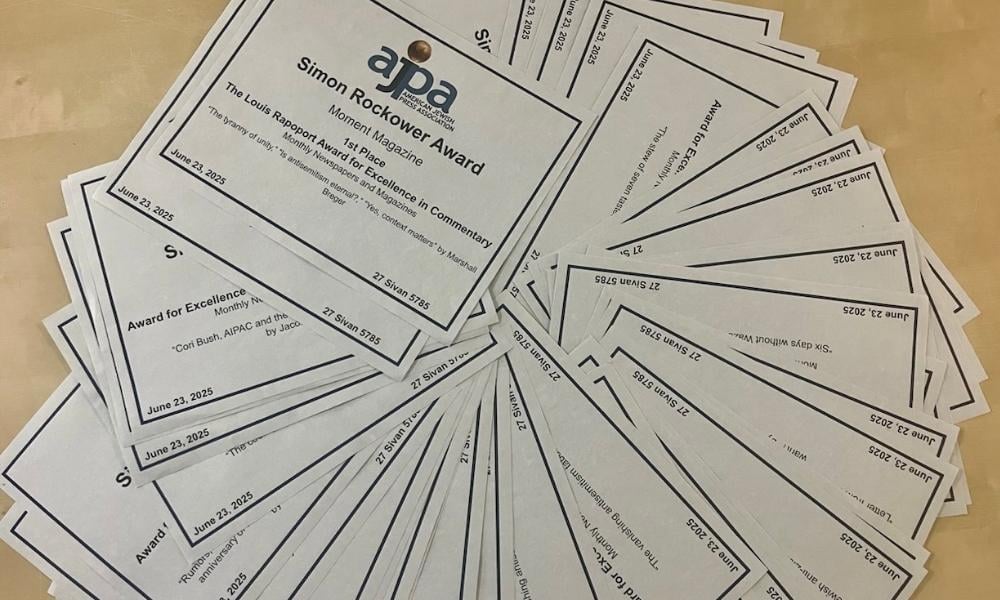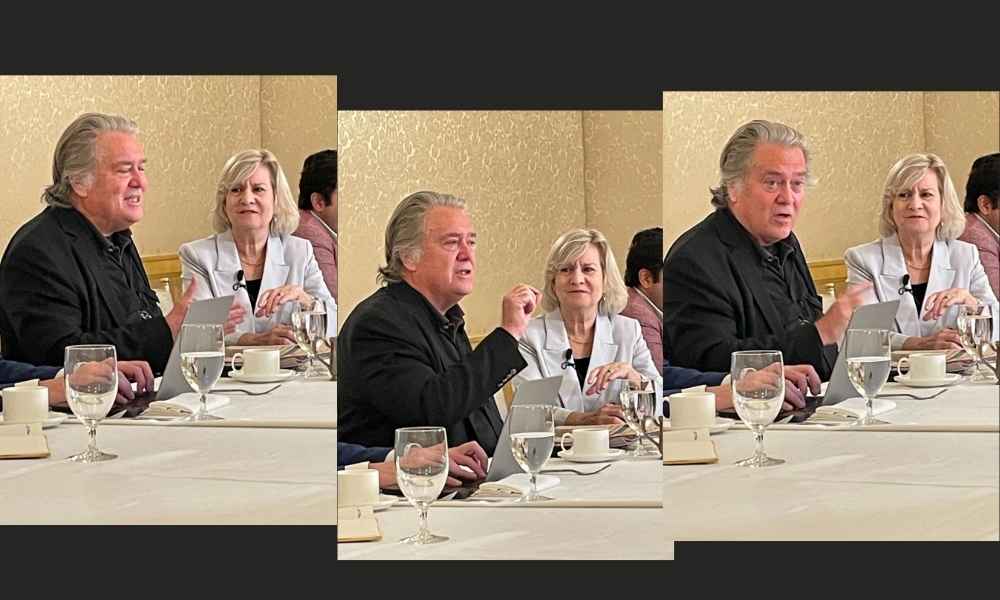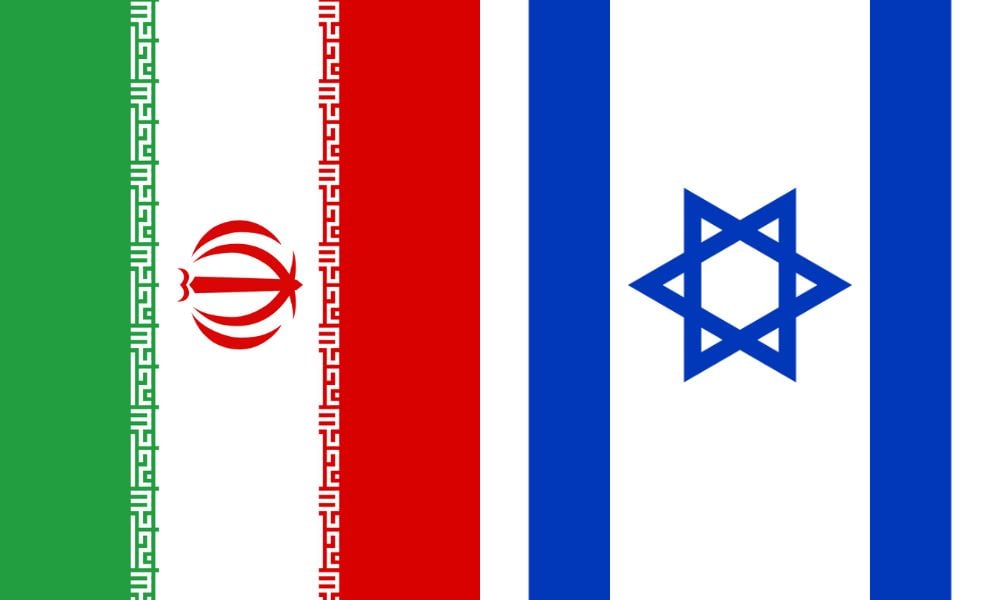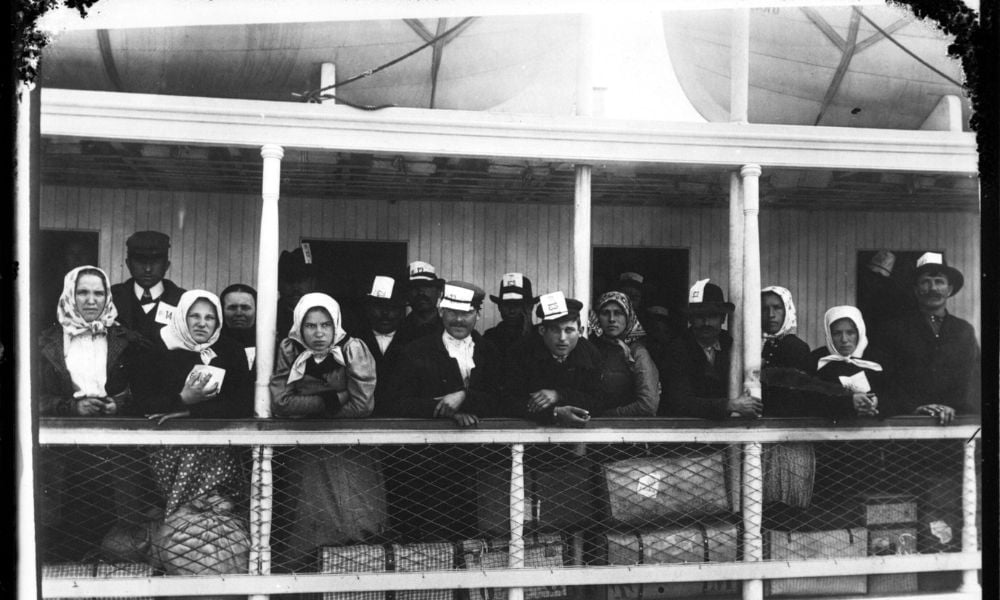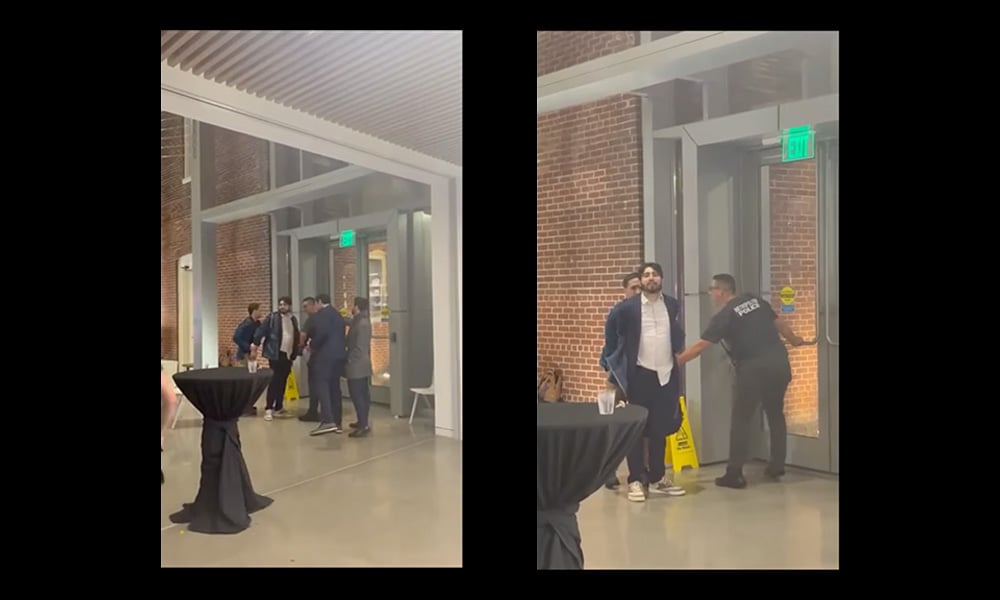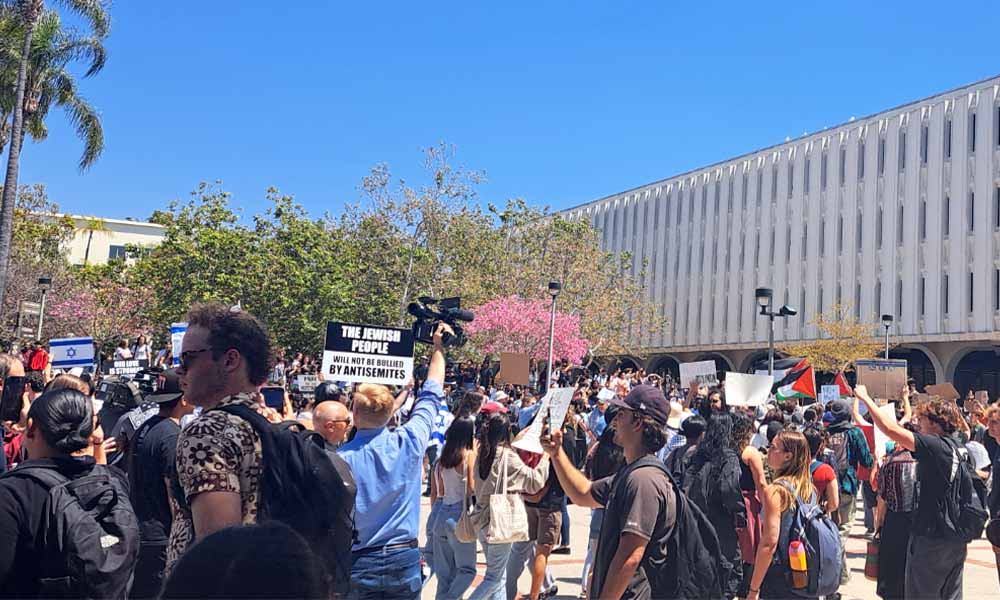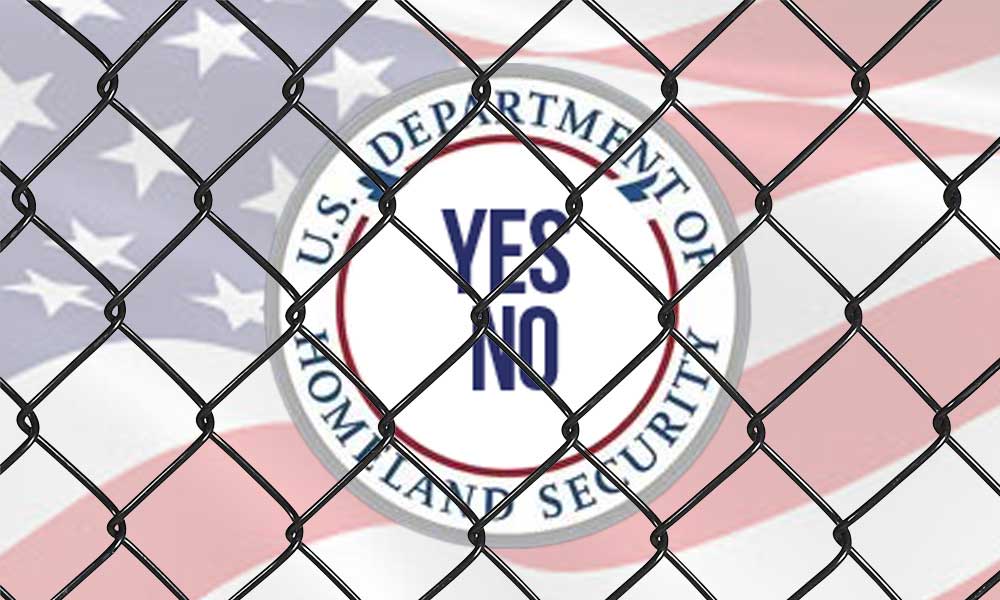Moment cleaned up in Pittsburgh on Monday! ...
The longtime political journalist discusses the increasingly contentious (even for New York) politics surrounding Jewish voters and Zohran Mamdani. ...
There was plenty of Bannon’s trademark bluster and anger on display. ...
Aaron David Miller and Robert Siegel discuss this game-changing moment. ...
The damage to Israel’s society is incalculable. ...
Today, notwithstanding President Trump’s faltering approval numbers overall, he is rated higher on immigration than on any other issue. ...
AJC event organizer describes the aftermath of the attack that claimed the lives of Israeli Embassy staffers Yarón Lischinsky and Sarah Milgrim at the Capital Jewish Museum. ...
“It all started with this audio clip—someone claimed it was a Druze sheikh insulting the Prophet Muhammad,” says Ghassan Hamed,
...
“This war is redefining everything—resistance, leadership, the very meaning of solidarity. And Palestinians are starting to ask new questions.” ...
If passed, how will the Antisemitism Awareness Act be used to curb harassment of Jewish students? ...
Isaacman remains steadfast in his commitment to pushing the boundaries of space exploration. ...
“Our texts not only command us to save lives but also have a very unique and robust moral commitment to refugees.” ...

